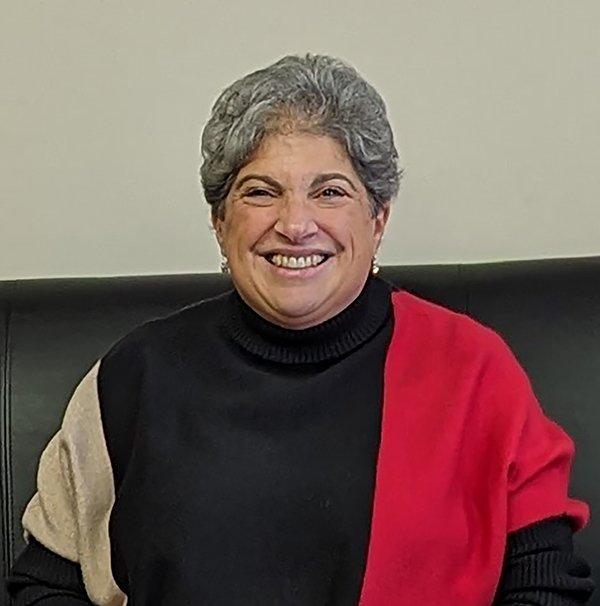More evidence has been released of paid Syrian mercenaries tasked to kill Armenians in Azerbaijan’s ongoing attacks on the Republic of Artsakh.
Armenian officials made public two interrogation videos on Sunday. In footage released by the Criminal Investigation Department of the Republic of Armenia, Mehrab Muhammad Al-Shkheir, who was arrested on October 30, details how he was among a group of mercenaries transported from Syria to Turkey to Azerbaijan and promised a two-thousand dollar salary. Al-Shkheir notably explains in the video of his interrogation that he was hired mid-September, before the attacks by Azerbaijan began, specifically to fight against the Armenians. His group was approaching their target and told by the commander to “attack the Armenian town, not to spare any living creature and to kill everyone.” However, Armenian forces halted their approach by firing upon the mercenaries before they reached the town.
In a second video, Yusuf Alaabet al Haji says he too was promised that same salary plus a 100-dollar bonus for each beheaded “infidel.” In his daily press briefing, Armenian Ministry of Defense (MoD) representative Artsrun Hovhannisyan made it very clear that these terrorists are being deployed by Turkey and Azerbaijan, despite those countries’ chronic denial of their existence. Based on the MoD’s assessments of the military situation, Hovhannisyan suggested these mercenaries could make up the majority of Azerbaijan’s armed forces. “Attempts to carry out specific tasks on the front line with them show that the ground potential of the Azerbaijani armed forces has been seriously damaged,” said Hovahnnisyan. “The main hope remains these mercenaries.”
#Artsakh DA units captured one more Syrian terrorist mercenary who fought on Azerbaijan’s side
Q: But what was the condition for that payment?
A: It was based on our actions. We would get an extra hundred dollars for the head of each kaffir (non-believer) we cut off🇬🇧/🇷🇺 subt pic.twitter.com/2R0zLJNn1e
— Armenian Unified Infocenter (@ArmenianUnified) November 1, 2020
Despite an agreement reached with co-chairs of the OSCE Minsk Group on Friday, Azerbaijan has been continuing its relentless attacks on Artsakh’s civilian populations and deploying white phosphorus in forested regions, which has been confirmed by military officials. On Sunday, Azerbaijan also deliberately targeted a fire engine that was transporting water from Askeran to civilians in neighboring communities. A mosque, a vocational school and Shushi’s Technological University were also targeted. Part of Friday’s agreement also included taking steps to implement a ceasefire investigation mechanism. But according to Armenian Foreign Minister Zohrab Mnatsakanyan, Azerbaijan refuses to abide by this term. “This indicates that neither yesterday nor today Azerbaijan is interested in a sustainable and verifiable ceasefire.”
As a result of deliberate shelling of the civilian infrastructure of #Artsakh/#NagornoKarabakh by armed forces of #Azerbaijan, Gohar Agha Upper #Mosque, Yeznik Mozyan Vocational School, #Shushi Technological #University were targeted. pic.twitter.com/xp4r3uydb2
— MFA of Armenia🇦🇲 (@MFAofArmenia) November 1, 2020
On the battlefield, Armenian military officials say their armed forces are still in full control of the entire frontline and that there haven’t been any significant positional changes. Still, civilian populations remain on edge amid relentless shelling of peaceful settlements overnight including the towns of Shushi and Martuni, villages in Askeran and the communities of Avetaranots and Szneq. Armenian MoD spokesperson Shushan Stepanyan says Azeri forces used combat aviation and GRAD and SMERCH systems; no casualties were reported. Artsakh’s Defense Army, according to its MoD press secretary Suren Sarumyan, also thwarted almost a dozen maneuvers by opposing forces. “From now on, the Azeris can call this place ‘Hell’s Gorge,’” warned Sarumyan. Artsakh’s Air Defense Forces also downed another combat UAV near Stepanakert on Sunday.
In Yerevan, Prime Minister Nikol Pashinyan sat down with Al Jazeera following his written request to Russian President Vladimir Putin for security assistance in the conflict. Russia affirmed its commitment should attacks move directly into Armenian territory. “Russia is not neutral in terms of being a strategic ally of Armenia,” said Pashinyan, noting its ally’s role as a mediating country. Pashinyan also said he supports the deployment of Russian peacemakers in the conflict, something Azerbaijan refuses to agree to.




Be the first to comment